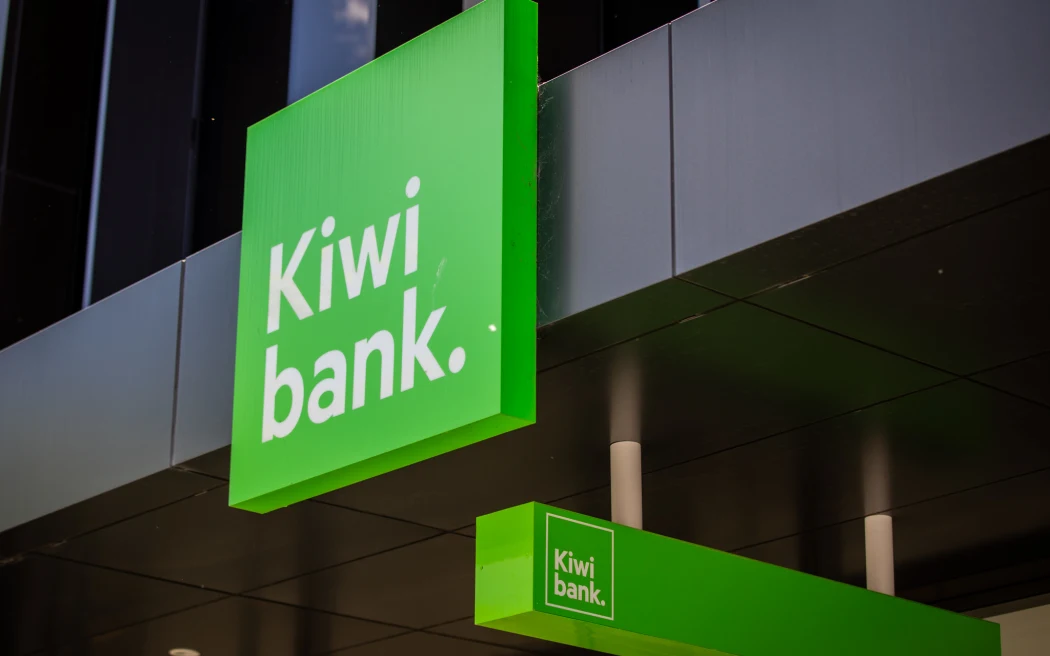
It has provided a significant New Zealand-owned banking option — it has about 9% of the market — and has made good returns.
Its net profit after tax to June 30 last year was $175 million, up 34% on the previous year.
It has proved Jim Anderton’s initial sceptics partially wrong at least.
As deputy prime minister, he persuaded a doubting finance minister, Michael Cullen, and power brokers of the Fifth Labour Government that a state-owned bank should be set up.
PostBank had been sold by Labour in 1989 to ANZ. Kiwibank began in 2001, initially as part of New Zealand Post.
Kiwibank was supposed to add serious competition to the big four Australian-owned banks, ANZ, Westpac, BNZ and ASB. It is suggested that it helped lower fee levels but has not "disrupted" the market.
The big four still have more than an 80% share of banking. A major Commerce Commission draft report released in March said the sector lacked competition. It lacked disruptive forces to drive change and deliver benefits to consumers. "Price-matching strategies" resulted in "very stable market shares".
The commission recommended the government look at ways to beef up Kiwibank by increasing its capital and making it a "disruptive competitor".
Kiwibank, without a lot of extra capital, cannot lend a lot more and cannot grow appreciably.
Given the dire government’s books, growing debt, and National’s frame of mind, it is difficult to see the state injecting needed capital.
Finance Minister Nicola Willis at the weekend National Party conference said as much. She said it was time to look outside for more capital. That could mean floating part of Kiwibank on the stock exchange or bringing in outside investors. This could be restricted to New Zealand or spread more widely.
There are those, like Act New Zealand, who question whether the state should own a bank. Party leader David Seymour called for partial privatisation and selling a stake to pension funds in 2022. This followed the government buying out owners the New Zealand Superannuation Fund, ACC, and New Zealand Post for about $2.1 billion.
ACC and NZ Post had wanted out and the Super Fund was fine with taking up the slack. But it wanted the right potentially to sell. That was unsatisfactory to the Labour government.
New Zealand First is firmly against asset sales. The differences in the coalition will be reflected in the public.
Meanwhile, the government continues to soften its language on retaining state assets.

The energy companies have also been boosted, as both generators and retailers, by an electricity market tilted in their favour.
There is a substantial list of government entities that could conceivably be partly or fully privatised. This includes half-ownership of Dunedin Airport. The Dunedin City Council holds the other half.
While a shallow New Zealand sharemarket would benefit from more listings, the government should proceed with caution, especially if the businesses are monopolies.
If partially sold, Kiwibank could lose its valuable 100% New Zealand-owned branding. That might be a price that has to be paid.
The bank is also behind the Big Four in technology, and this could prove challenging as overdue "open banking" looms.
Ms Willis said at the weekend that she wanted Kiwibank to be a "disruptive competitor".
She was interested in exploring where the extra capital to do that might come from.
There were lots of Kiwisaver funds, general investment funds, and individual New Zealanders looking for local places to invest their money and support the country’s future, she said.
"It’s time to explore all the options."
Pragmatically, Ms Willis’ approach makes sense.
Kiwibank needs more capital, and it needs to come from somewhere.











